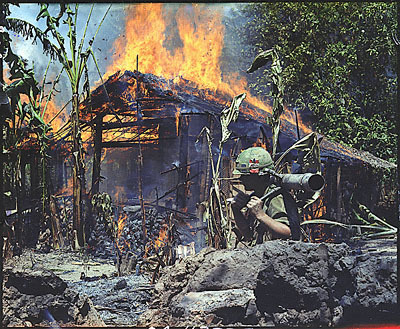Posted: July 25, 2010 by Mika in books
Tags: fiction, margaret atwood, speculative fiction, the handmaid's tale
0
Bruce Robertson
Cline
Eng. 102
10 April, 2011
The Handmaid’s Tale Analysis
My biggest questions after reading The Handmaid’s Tale were: Why would so many women subject
themselves to this kind of lifestyle? Why would some willingly sell out others
in order to be put in positions of some authority (such as the aunts or
marthas)? Also, how long would it take for the women to actually accept and
adopt these outrageous beliefs? In order to gain better understanding of the
story, and to better answer my questions, I’m going to do some research on the
Jewish people during the Holocaust. It was under different circumstances and
for different reasons that they were led off, nonetheless, many chose to be led
off as opposed to running away. I’m also going to do some research on blacks
during slavery, to see what would constitute making certain ones into house
slaves or overseers. I think that would give some insight into my second
question about the Aunts and Marthas. In order to better understand my third
question, I’d like to do some research on Stockholm syndrome and maybe take a
look at a few specific instances of long kidnappings and imprisonments. At the
end of The Handmaid’s Tale when the
professor is giving the lecture about the Gileadean society, he notes that all
of their ideas were basically stolen from earlier societies. I feel that if I
can do my research on previously accepted sociological principles that may have
been the basis for the framework of the Gileadean society, that it may give me
better understanding of the society and their goals, as well as the behavior of
those within the society.



